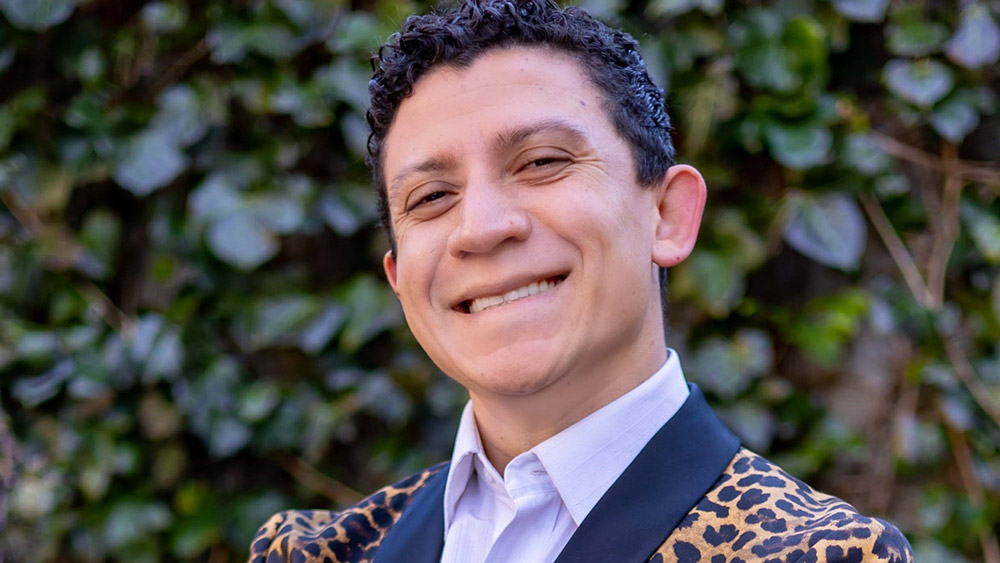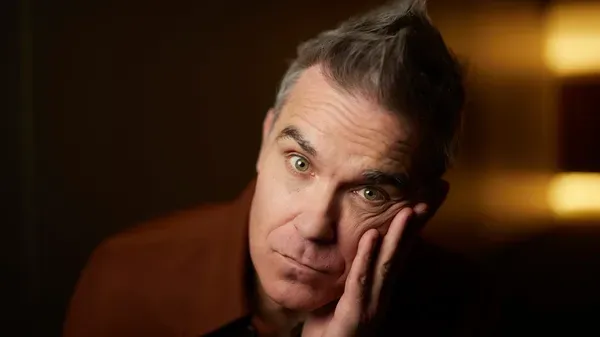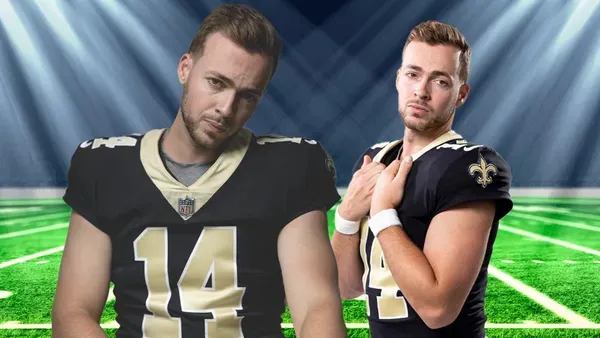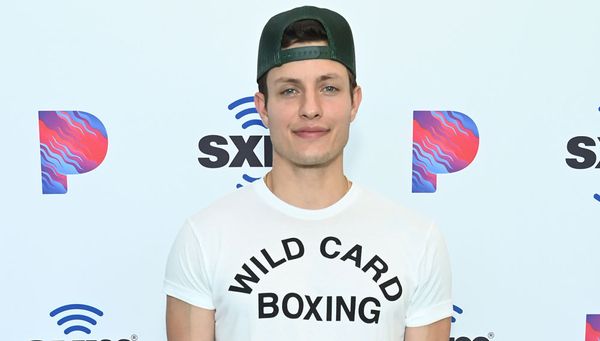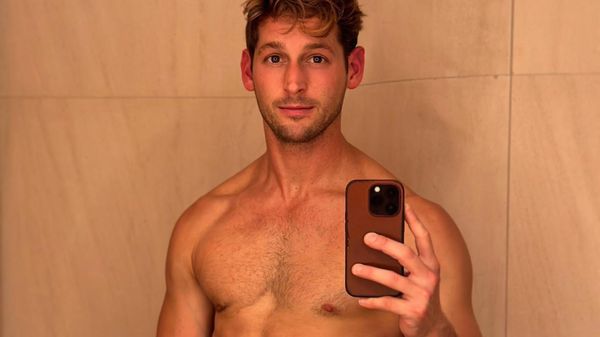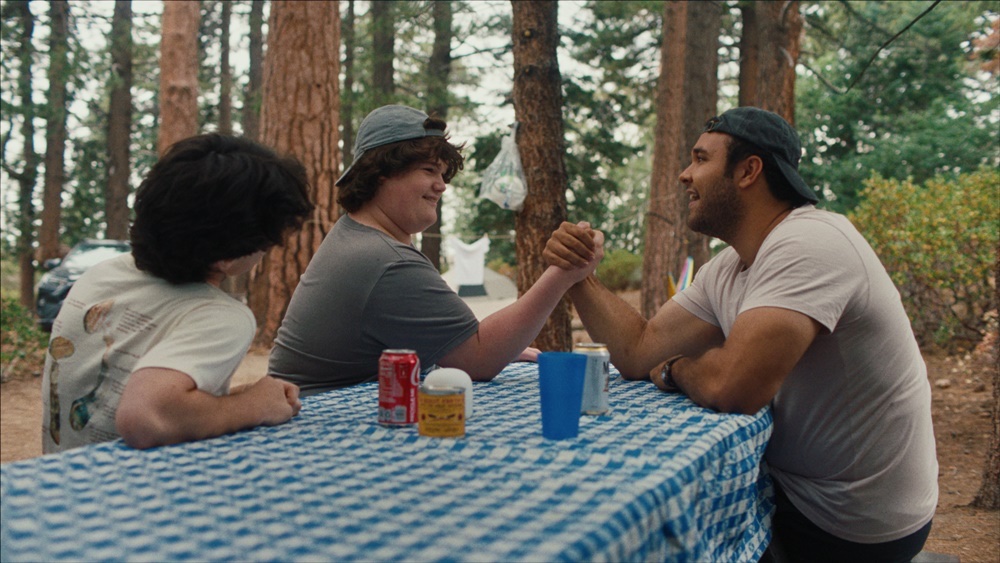
Jul 28
EDGE Interview: Corey Sherman and Isaac Krasner on Why Queer Dramedy 'Big Boys' is More than the Sum of its Parts
Timothy Rawles READ TIME: 5 MIN.
The movie "Big Boys" isn't your average gay teen coming-of-age story, as it has one of the most original genre concepts in recent memory.
"My inspiration was really just having had some of those types of experiences growing up, like, positive and ashamed," writer/director Corey Sherman tells EDGE. "But sort of like coming into my sexuality through crushes on guys who were unattainable to me in one way or another."
The film isn't extravagant in its storytelling. A husky 14 year old named Jamie isn't sure where he fits on the queer alphabet until his female cousin's older, burly, and straight boyfriend Dan enters the picture. The couple invite Jamie and his older brother, Will, on a camping trip, where Jamie has a sexual awakening and develops a deep crush on Dan. Jamie is a shy, caring individual in the throes of puberty, where sex and personal connection often have crossed wires. "Big Boy" explores this awkward stage with a firm but sensitive hand.
In his breakout role, Isaac Krasner plays the conflicted young Jamie opposite David Johnson III's Dan, the older, hirsute object of his desire.
"It felt pretty natural to me," says Isaac. "I wasn't reaching too hard, which was really helpful. And not only was I not reaching but, the creativity and the script was handed to me on a silver platter."
Corey wrote the script based on his dealings as an adolescent having crushes on a male straight best friend or a teacher. He says these were frustrating interactions, but led to some life-changing epiphanies that made him look at himself and accept that he was gay. At the same time, he was learning to be honest with his feelings.
"Seeing how healing that was, and how much closure that gave me even though I wasn't having the 'happily ever after' ending that I wished for, there was, like, a different way in which the experiences were helping me grow up and become who I was," Corey says. "And so I just felt like that deserved its own movie."
Once the script was done and the casting process was started, Corey had to find his lead. It had to be someone who understood the nuances of the script, but also make it their own.
"Well, one of the best things about this process, especially working with Corey," says Isaac, "is that we were able to co-create this character together. Obviously, the Jamie that Corey imagined probably wasn't exactly the same Jamie that was brought to life on camera. And that's the beauty of it; my ideas and his ideas. We were able to weave them together to create a character that I could reach down and play and that [Corey] could resonate with as well."
Throughout the film, our young protagonist exhibits some strange behavior around his adult crush. Whether he is stammering on his words, finding ways to be alone with him, or interrupting intimate encounters, Jamie's actions would be red flags to older and wiser adults in real life. But Corey doesn't explore that part of the story; he keeps the focus on the main character.
"No, I definitely wanted to just remain within his perspective, because the movie is really about a lot of little moments that add up," says Corey. "I feel like on the surface they could look almost inconsequential, but to Jamie they mean so much." He explains that little touches, like Dan making eye contact with Jamie or laughing at his jokes, or his brother saying slightly homophobic statements, were important to emphasize.
"All of those things really hit him hard," he adds. "I wanted to remain in that headspace so that the movie could feel really emotionally charged and high stakes, because that weekend really is for Jamie."
